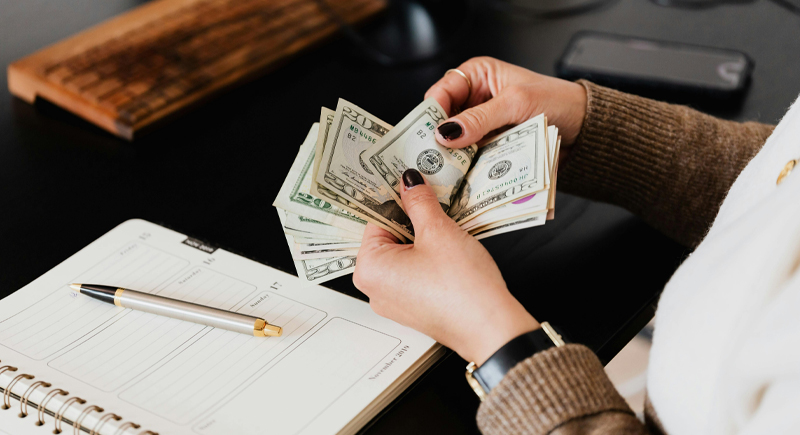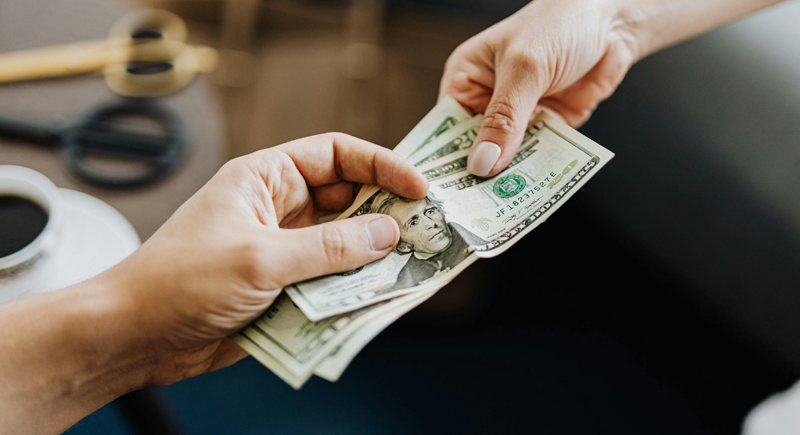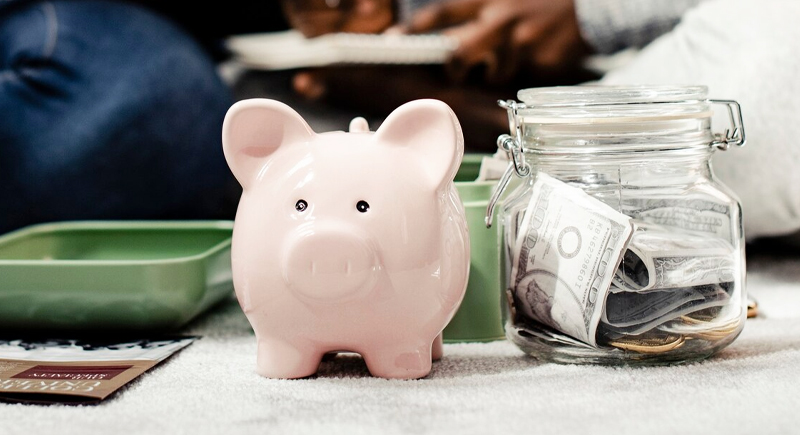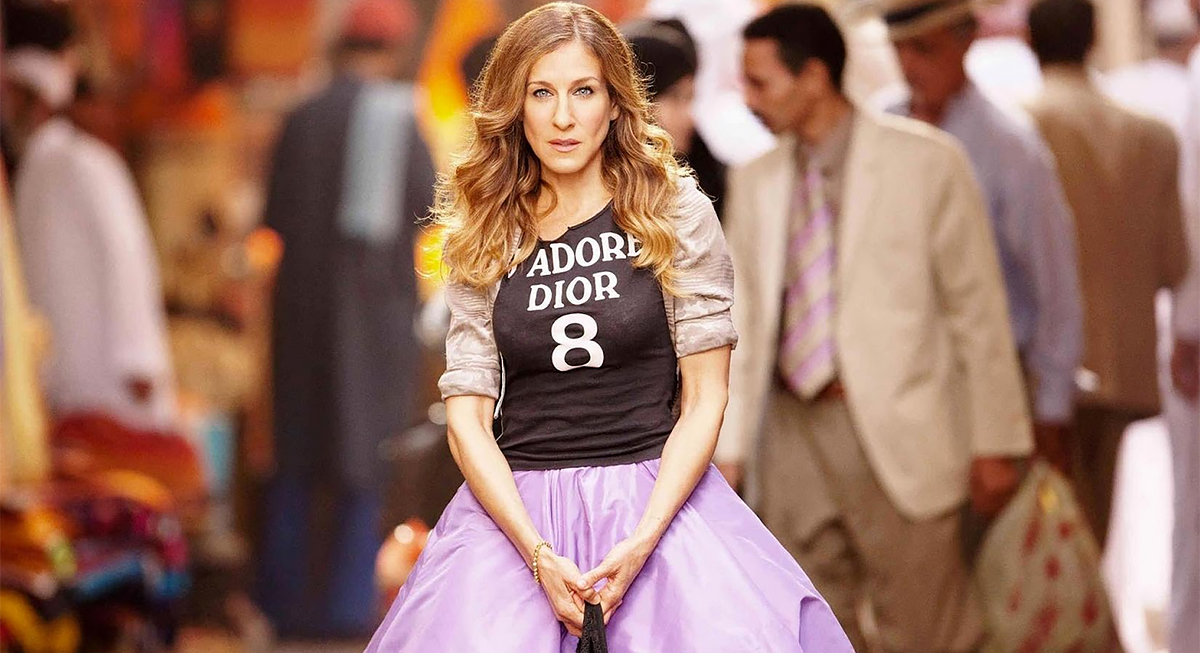Let's face it, managing money wisely is easier said than done. Yet, a few simple changes can make a big difference. With effective strategies, you'll not only stretch your dollars further but also build healthier financial habits. Whether you're saving for a big goal or just trying to make your paycheck last longer. Here are 15 ways to spend money more responsibly this season.
Creating a Budget

Credit: pexels
Start by really getting to know where your money is going each month. Track your spending and income to paint a clear picture of your financial landscape. Break down your expenses into categories like food, entertainment, and bills. You might be surprised to see where your money is slipping through the cracks. Set a limit for each category and stick to it, ensuring you have enough left over to tuck away some savings.
Planning Purchases in Advance

Credit: freepik
We've all been there, buying something on a whim and regretting it later. Instead, take a moment to think about what you need before you hit the stores. Jot down a list and do a quick price check online to avoid any surprises. This way, you're less likely to be swayed by impulse and more likely to stick to your financial plan. And hey, avoiding those "just because" purchases can make a big difference in your budget.
Avoiding Impulse Purchases

Credit: pexels
Impulse buying is a budget's worst enemy. Steer clear of shopping just for the thrill of it, and you'll notice the difference in your wallet. If you're tempted, remind yourself of your financial goals and walk away. Avoid shopping when you're feeling emotional or stressed, as that's when you're most vulnerable to impulse buys. Keeping a shopping list and sticking to it can also help keep those spontaneous purchases at bay.
Shopping Alone

Credit: iStockphoto
Bringing friends or family along while shopping can turn into an unexpected spending spree. If you shop alone, you're more likely to stick to your list and budget. Resist the urge to be swayed by well-meaning advice from companions or store employees. Remember, only you know what's best for your budget. Plus, shopping solo means you can take your time to make thoughtful decisions without any external pressure.
Paying in Full and in Cash

Credit: pexels
Using cash instead of cards can really change how you view spending. It's a tangible reminder of how much you're parting with for each purchase. Try to only carry the cash you need, so you're not tempted to overspend. This method makes every transaction feel more real, and you'll likely think twice before making a purchase. Plus, paying in full means avoiding those sneaky interest charges that can add up over time.
Not Being Fooled by Marketing

Credit: pexels
Ads are everywhere, trying to convince you to spend, spend, spend. Before you buy, ask yourself if you really need the item or if you're just caught up in the hype. Discounts and sales are great, but only if they're for things you were already planning to buy. Watch out for pricing tricks that make you think you're getting a deal when you're not. Remember, marketers are good at their job, but you're better at managing your money.
Waiting for Sales and Discounts

Credit: iStockphoto
If you don't need it right away, wait for a sale. This takes patience but can lead to big savings. Keep an eye out for coupons and discounts for items on your list. But be careful not to fall into the trap of buying something just because it's a good deal. Shopping off-season can also snag you some great bargains, like buying winter gear in the summer.
Doing Your Research

Credit: pexels
Before splurging on a big purchase, take a deep dive into your research. Compare products online, read reviews, and check consumer reports to get the best value. This extra step can save you from buyer's remorse and ensure you're getting a quality product. Knowing exactly what you're buying and its value can also give you peace of mind. And sometimes, spending a bit more upfront for a durable item saves money in the long run.
Taking All Costs into Account

Credit: freepik
The sticker price is just the beginning. Always look at the total cost, including any extra fees or accessories you might need. If you're financing a purchase, calculate the total interest to see if it's really worth it. This full picture can help you decide if it's a smart buy or if there's a better option. It's all about getting the most bang for your buck without any hidden surprises.
Only Purchasing What You Actually Need

Take a peek in your closet or garage before buying more. You might find you already have what you need, or you can sell something to make room (and money) for the new. This step helps prevent clutter and keeps your spending in check. It's easy to think you need more than you do, but simplicity can be both freeing and financially smart. Plus, knowing what you have helps you appreciate it more and spend less.
Shopping at Thrift Stores

Credit: pexels
Thrift stores can be treasure troves of quality items at a fraction of the cost. You'd be surprised at what you can find, especially in upscale neighborhoods. It's not just about saving money; it's also a more sustainable way to shop. This approach can add unique pieces to your wardrobe or home without breaking the bank. And remember, the thrill of the hunt can be part of the fun!
Minimizing Dining at Restaurants

Credit: iStockphoto
Eating out can eat up a significant part of your budget. Try cooking at home more often, and save dining out for special occasions. Packing lunches and brewing your own coffee can save you a bundle over time. If you do go out, set a limit for how much you'll spend or look for places with deals. It's all about enjoying the experience without overspending.
Saving Money

Credit: freepik
Every dollar you don't spend frivolously is a dollar you can save or invest. Consider setting up an emergency fund or contributing to a retirement account. Look for ways to cut recurring expenses, like subscription services you don't use. Meal planning and preparing food at home can also bulk up your savings. Remember, building a financial cushion gives you freedom and peace of mind.
Giving Yourself Occasional, Inexpensive Treats

Credit: pexels
It's okay to treat yourself now and then, as long as it's within your budget. Small rewards can keep you motivated and prevent burnout from being too strict with your spending. Find low-cost or free ways to enjoy yourself, like a movie night at home or a picnic in the park. These little pleasures can make sticking to your financial goals more enjoyable. It's all about balance and finding joy in the simple things.
Embracing a Minimalist Lifestyle

Credit: pexels
By focusing on quality over quantity, minimalism encourages you to question whether each purchase is really necessary and valuable. You reduce your cycle of constant buying and replacing by investing in items that truly meet your needs and last longer. With less need to make unnecessary purchases and fall for the latest trends, this lifestyle shift can save you money. In addition to promoting a clutter-free environment, minimalism promotes a more focused approach to life and finances. You can cultivate financial freedom and contentment by making intentional choices that align with your values and goals.





